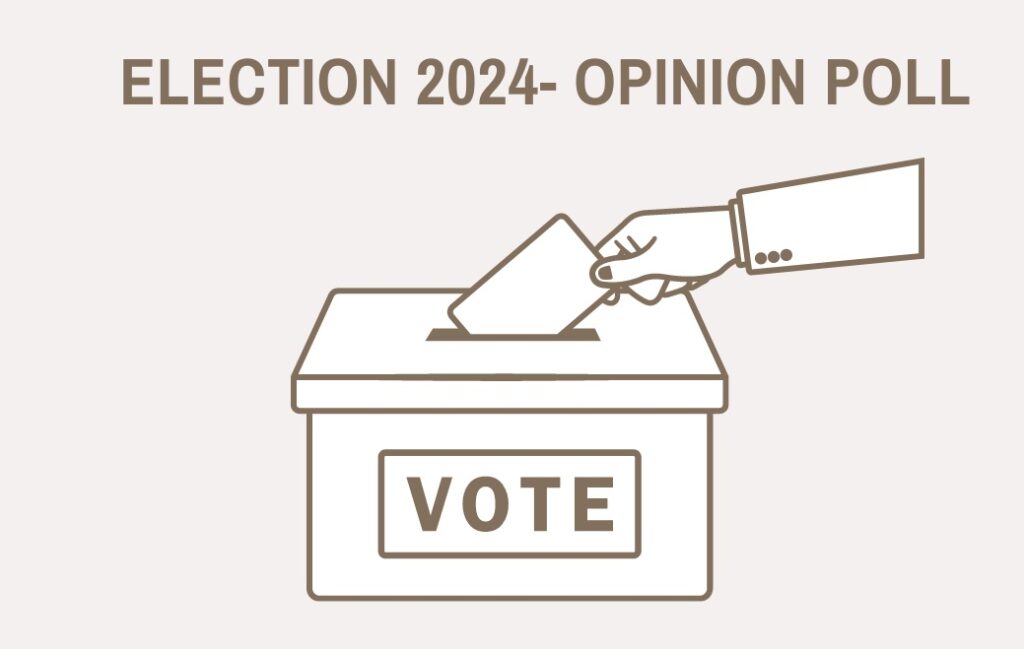Understanding the Legal Framework: Restrictions on Publishing Exit Polls During Elections

exit polls uk
Exit polls are a significant aspect of the electoral process, providing early indications of the likely outcome of an election before the official results are announced. However, the publication of exit polls is subject to various legal restrictions in different jurisdictions, aimed at maintaining the integrity and fairness of the electoral process. This article delves into the legal restrictions on publishing exit polls during elections, exploring the rationale behind such restrictions and their implications for media outlets, pollsters, and the general public.
Also Read:- Who Will Win The 2024 Presidential Election in The United States
What constitutes an exit poll?
An exit poll is a survey that asks voters which candidate and/or political party they voted for after they have voted at polling stations. Exit polls are valuable reporting tools because, when conducted correctly, they can reliably anticipate the election’s eventual outcome, such as the hung Parliament correctly predicted by exit polls in the 2017 election.
What is the reasoning behind laws restricting the publication of exit polls?
The imposition of laws restricting the publication of exit polls during elections is a globally recognized practice, rooted in the objective of preserving the integrity and fairness of the electoral process. Exit polls, conducted as voters leave polling stations, offer early insights into the probable outcomes of elections, potentially influencing the electorate’s behavior and perceptions. The primary reasoning behind such restrictions is to prevent any undue influence on voters who have yet to cast their ballots and to avert a bandwagon effect, where voters might be swayed by preliminary results.
Additionally, these laws aim to mitigate the dissemination of inaccurate or misleading information that could emanate from early predictions, maintaining a balanced and unbiased electoral environment. These restrictions are crucial in ensuring that voters make informed and independent decisions, free from external influences, thereby upholding the democratic sanctity of elections.
The Essence of Exit Polls
Exit polls are surveys conducted as voters leave polling stations, aiming to gather information about their choices and the reasons behind them. These polls are crucial for analyzing voter behavior, preferences, and demographic influences, offering insights into the political landscape and potential shifts in public opinion.
Legal Restrictions: A Global Overview
Different countries impose varying degrees of restrictions on the publication of exit polls. The common rationale is to prevent any undue influence on voters who are yet to cast their ballots and to avoid creating a bandwagon effect, where voters are swayed by perceived outcomes.
- United States: In the United States, the publication of exit polls is generally allowed, but there are restrictions on conducting surveys and disseminating results within a certain distance from the polling place to avoid voter intimidation and interference with the voting process.
- United Kingdom: The UK prohibits the publication of exit polls until the closure of all polling stations. This restriction is aimed at ensuring that late voters are not influenced by early predictions, maintaining the sanctity of the secret ballot.
- India: India imposes stringent restrictions, prohibiting the publication and dissemination of exit polls from the time the first vote is cast until half an hour after the closing of the last polling station in the last phase of the election.
- Germany: Germany allows the publication of exit polls as soon as the polls close, enabling immediate analysis and discussion of the likely outcomes and their implications.
Rationale Behind Restrictions
The restrictions on exit polls are primarily aimed at preserving the fairness and integrity of elections. They seek to:
- Prevent Undue Influence: By restricting the publication of exit polls, authorities aim to ensure that voters are not influenced by preliminary results, allowing them to make independent and informed decisions.
- Avoid Dissemination of Inaccurate Information: Early exit poll results may not accurately reflect the final outcome due to sampling errors, non-response bias, or late swings in voter preferences. Restrictions help in mitigating the spread of potentially misleading information.
- Maintain Public Order: The premature release of exit polls can lead to unrest and tensions, especially in closely contested elections. By controlling the timing of publication, authorities can maintain public order and stability.
Implications for Stakeholders
- Media Outlets: Media organizations must adhere to legal norms and ethical standards when reporting exit polls. Non-compliance can result in legal repercussions, including fines and revocation of licenses.
- Pollsters and Researchers: Polling agencies and researchers must conduct exit polls with utmost integrity and caution, ensuring the accuracy and reliability of their findings while respecting legal boundaries.
- General Public: The public should be aware of the limitations of exit polls and approach them with a critical mind, considering them as indicative rather than conclusive.
Balancing Act: Freedom of Expression vs. Electoral Integrity
While restrictions on exit polls are essential for safeguarding electoral integrity, they must be balanced against the principles of freedom of expression and the public’s right to information. Striking the right balance is crucial for fostering an informed and engaged citizenry while upholding democratic values.
Conclusion
The legal restrictions on publishing exit polls during elections are integral to maintaining the credibility and fairness of the electoral process. These restrictions, varying across jurisdictions, are designed to prevent undue influence, avoid the spread of inaccurate information, and maintain public order. While adhering to these legal frameworks, it is imperative for media outlets, pollsters, and the public to approach exit polls with discernment and responsibility, respecting the democratic principles that underpin the electoral process.
In conclusion, the legal landscape surrounding the publication of exit polls is a complex interplay of electoral integrity, democratic values, and the rights and responsibilities of various stakeholders. Navigating this landscape requires a nuanced understanding of the legal provisions and their underlying rationale, coupled with a commitment to upholding the principles of democracy and informed citizenship.
FAQS
Q: Why are there restrictions on publishing exit polls during elections?
A: Restrictions are in place to prevent undue influence on voters and to maintain the integrity and fairness of elections.
Q: Can exit polls influence voter behavior?
A: Yes, exit polls can potentially influence voter behavior by creating a bandwagon effect where voters are swayed by perceived outcomes.
Q: Are the restrictions on exit polls the same in every country?
A: No, different countries have varying degrees of restrictions on the publication of exit polls to suit their unique electoral environments.
Q: Can media outlets face legal repercussions for violating exit poll restrictions?
A: Yes, media outlets can face fines, lawsuits, and revocation of licenses for non-compliance with exit poll publication restrictions.
Q: Do exit poll restrictions infringe on freedom of expression?
A: While restrictions are necessary for electoral integrity, they must be balanced against the principles of freedom of expression and the public’s right to information.
Q: Are exit poll results always accurate?
A: No, exit poll results may not always accurately reflect the final outcome due to potential sampling errors, non-response bias, or late swings in voter preferences.
Q: When are exit poll results typically allowed to be published?
A: Exit poll results are generally allowed to be published after the closure of all polling stations, but the specific timing can vary by jurisdiction.
Q: What is the primary purpose of conducting exit polls?
A: The primary purpose of exit polls is to gather information about voter choices and preferences, offering early insights into the likely outcomes of elections.








